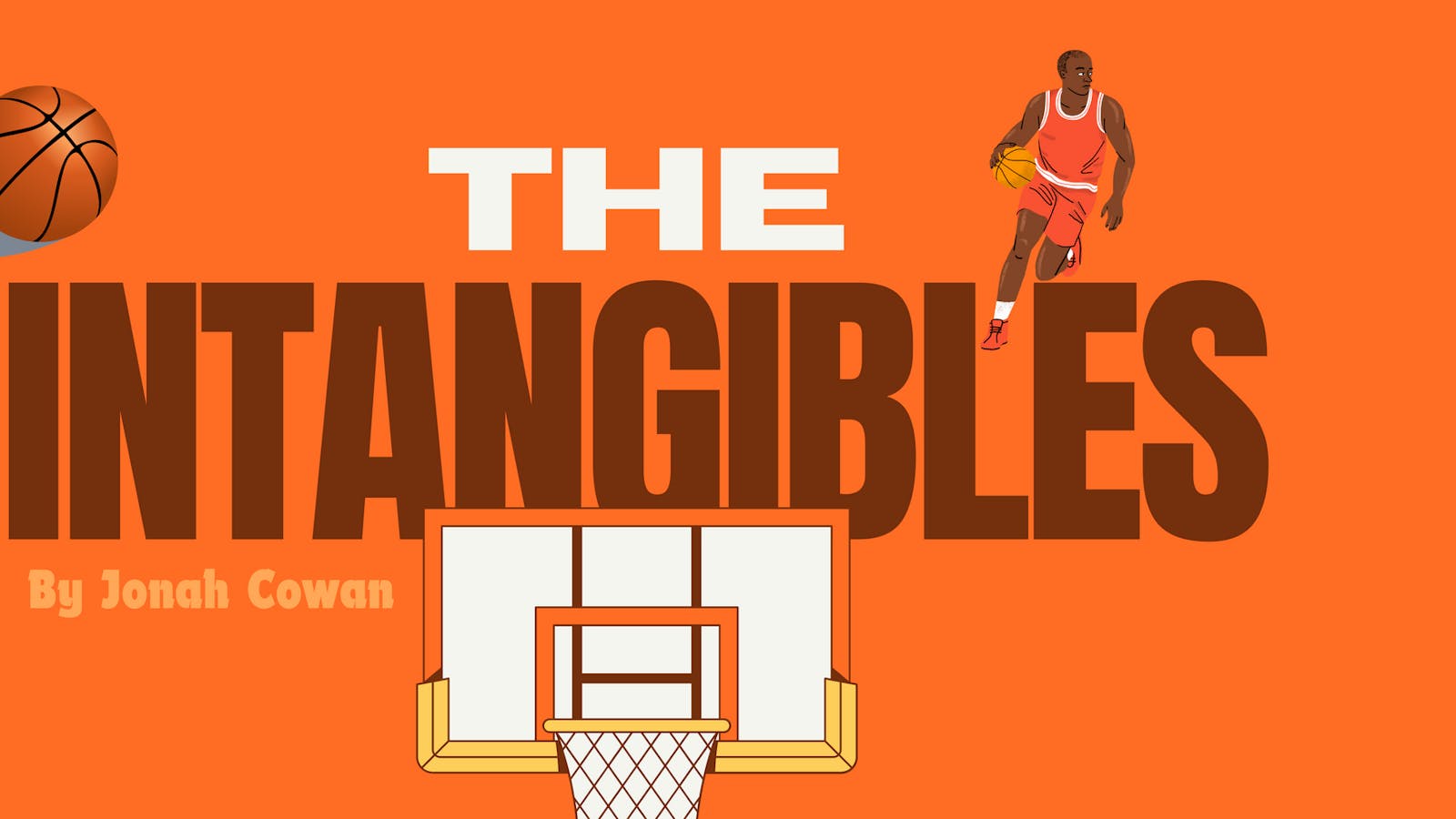In 2014, NBA Commissioner Adam Silver advocated for the legalization of sports betting in a New York Times op-ed. His main argument was one similar to one made for cannabis legalization: “Sports betting should be brought out of the underground and into the sunlight where it can be appropriately monitored and regulated.” In that same op-ed, Silver stated, “one of my biggest responsibilities [as commissioner] is to protect the integrity of professional basketball.” It is clear Silver views his role as juggling the ideals of maximum profit and total sporting integrity.
The problem for Silver is that, in this case, these ideals are fundamentally opposed to one another.
In October, the floodgates burst with an FBI indictment. The indictment first alleged that Portland Trail Blazers head coach Chauncey Billups (referred to as “Co-Conspirator 8”) revealed to certain bettors insider information that the team would be tanking against the Chicago Bulls back in 2023. In the same indictment, then-Charlotte Hornets guard Terry Rozier allegedly conspired with a friend to fake an injury during a game against the New Orleans Pelicans, selling that information to two bettors for $100,000. He removed himself from the game, his friend’s prop-bet hit and Rozier profited. Compounding this, last year, former Toronto Raptors player Jontay Porter was banned from the league for a similar injury-faking scheme. The issue is by no means limited to the NBA. A former University of New Orleans player, Cedquavious “Dae Dae” Hunter, was indicted for point shaving along with five other players.
The scandal with Billups and Rozier is a comparatively mild example of gambling collusion (compared to the 1919 White Sox, for instance). While it is true that faking injuries and leaking team-sensitive information are by no means the worst possible scenario, however, they cause a gradual corrosion of public trust in sports. They demonstrate that professional athletes’ high salaries in no way deter them from collusion.
If this is the case, the scandal has only just begun — the present indictment serving as the tip of what may prove to be a much deeper iceberg.
Yet this isn’t the NBA’s first rodeo with gambling scandals. In 2008, referee Tim Donaghy was exposed by the FBI for betting on games, including ones in which he officiated. The league might use Donaghy to justify gambling legalization, claiming it will be easier to regulate people in the league if gambling were “in the sunlight.” In my opinion, however, the nasty effects of professional sports gambling were easier to manage before legalization. Silver played a key role in making sports gambling culturally intractable — the product of which is the permanent entanglement of gambling influences and interests within the sport. For all his lip-service to punishment and regulation, Adam Silver will never admit that sports gambling causes a deeper problem: generating immense pressure towards players and referees. Pacers star Tyrese Haliburton has complained extensively about the problem of pressure. Players face pressure in many forms — from fans in the arena screaming at players to match a parlay, to loved ones of players trying to align prop bets. Now, it also takes the shape of gamblers on the internet issuing death threats towards players for their missed parlays. Ultimately, the pressure generated by gambling legalization permanently moves sportsbook collusion to within an arm’s reach.
This was no secret to Silver when he wrote that 2014 op-ed. The commissioner of the NBA, whose role it is to “protect the integrity of the game” knew quite well the price of legalizing sports gambling.
Now, we all have to pay for it.
